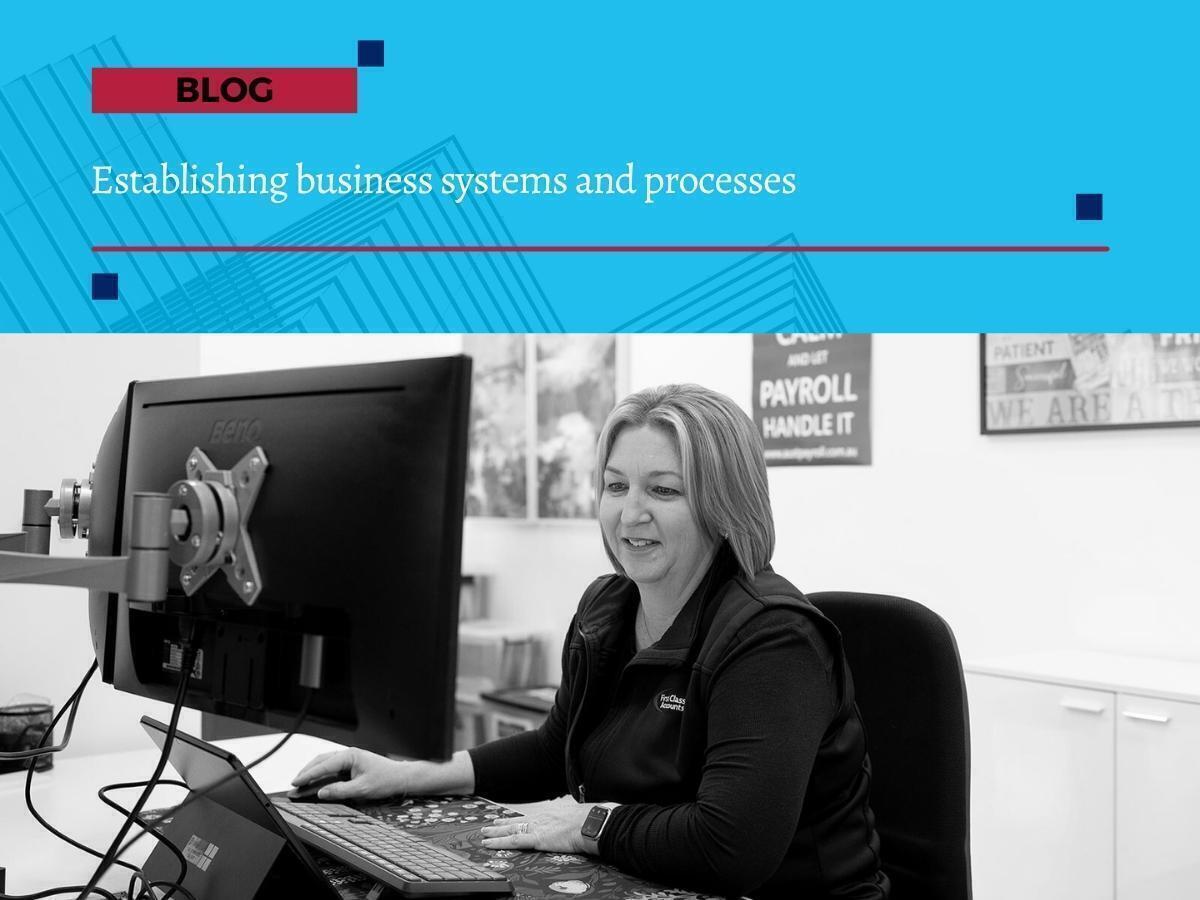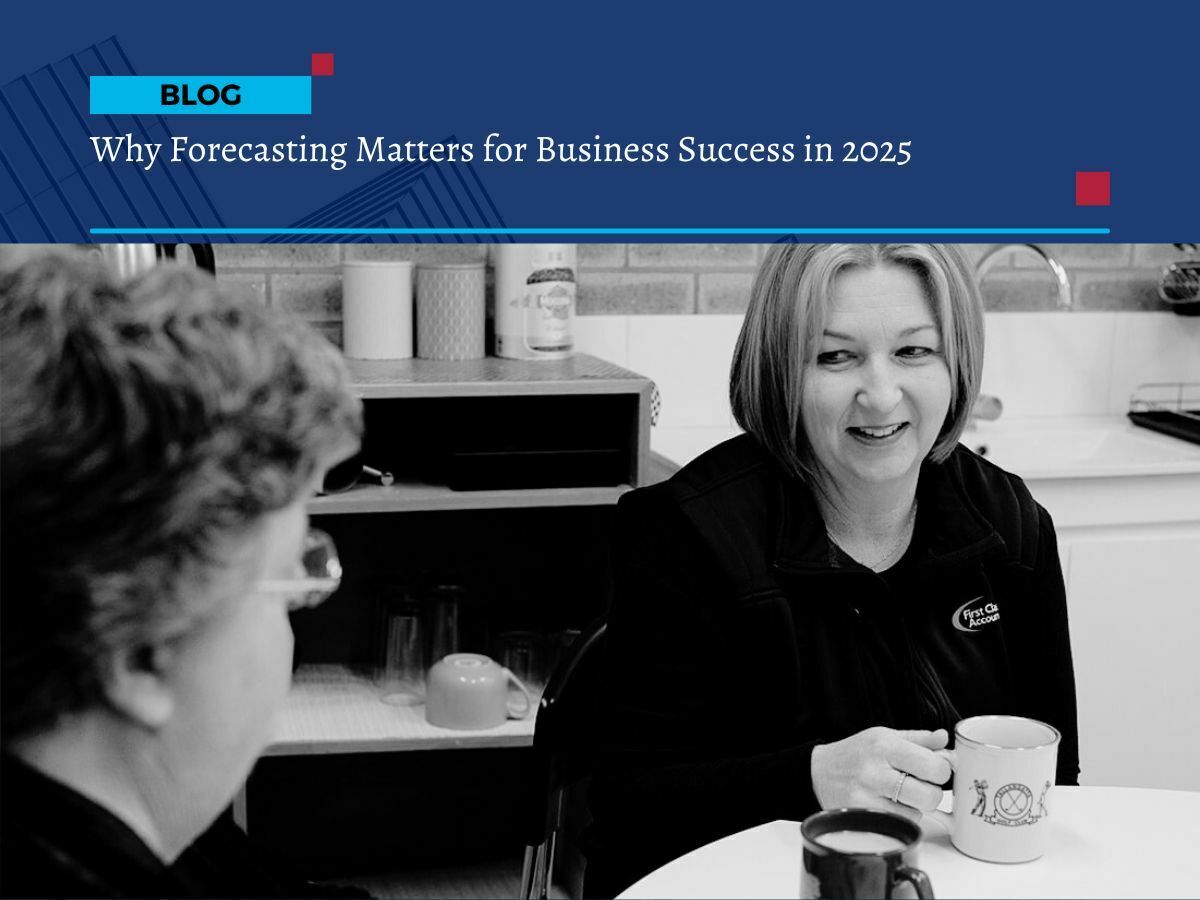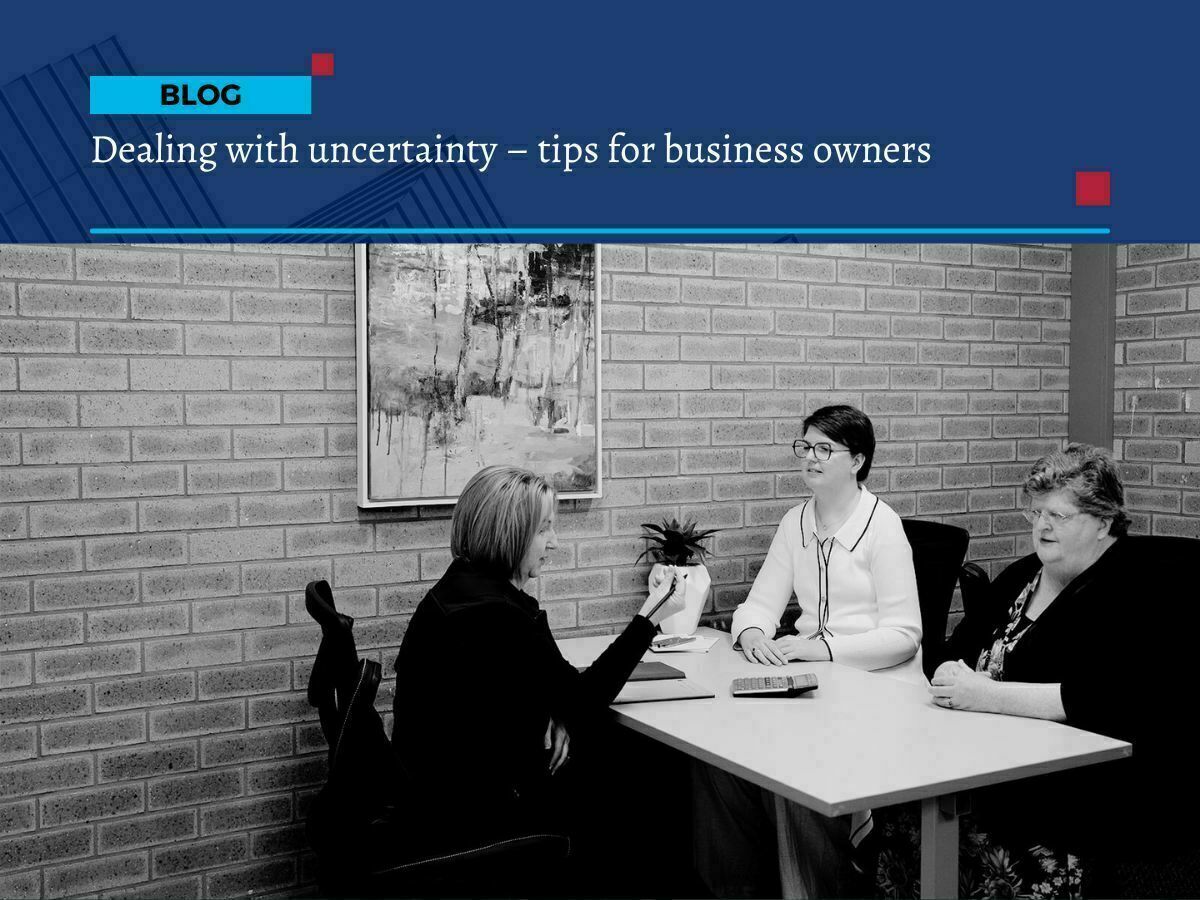
How to create a cash flow forecast for your business
How to create a cash flow forecast for your business
A cash flow forecast is one of the most important tools you can use for business planning. In 2025, with rising costs and tighter compliance deadlines, understanding exactly what cash is coming in and going out of your business is essential.
A forecast gives you a clear picture of how long your business can continue to operate at current sales levels by showing how much money you’ll have in the bank at the end of a given period. It’s not just about survival — it’s about building confidence in your numbers so you can make informed decisions about growth, payroll, tax obligations, and investment.
At First Class Accounts Ovens & Murray, we help business owners build reliable forecasts that take the stress out of cash flow management.
Why a cash flow forecast matters
A cash flow forecast gives you a clearer understanding of what’s driving revenue in your business and visibility over your expenses. With this knowledge, you can identify which costs are essential, which are flexible, and where you can make changes to improve your position.
Forecasting also allows you to model different scenarios, helping you see the outcomes of decisions before you make them. For example:
What happens if sales dip for three months?
How would expanding into a new channel impact your outgoings?
Can you afford to bring on another employee, and when?
In 2025, lenders, investors, and government support programs increasingly expect to see detailed cash flow forecasts as part of their approval process. A strong plan demonstrates that you understand your numbers and have a strategy to deal with uncertainty.
If you’re applying for funding or looking to expand, First Class Accounts Ovens & Murray can help you prepare accurate forecasts that meet lender requirements.
What information do you need?
The accuracy of your cash flow forecast depends on the quality of the data you put in. While accounting software like Xero, MYOB or QuickBooks can automate parts of the process, you still need to ensure your records are up to date and accurate.
Here’s the key information to gather before you start building a forecast:
Understanding where your cash is coming from
Start with revenue from sales. Break your figures down by product or service line and across sales channels. This helps you identify your biggest income drivers. Ask yourself questions like:
Does 80% of your revenue come from just 20% of your products or services?
Which sales channels are the most profitable?
Do you have a healthy balance of high-value/low-volume and low-value/high-volume sales?
Don’t forget to include other sources of income, such as government grants, tax refunds, or business investments. In 2025, many businesses are also earning income through digital platforms or subscription models. It’s important to make sure these are captured as well.
Understanding expenses, ie where is the cash going?
Your forecast should also capture all outgoing costs, such as rent, wages, supplier payments, bank fees and loan repayments, tax liabilities, utilities, and insurance. If you have a business loan, note down the repayment schedule, interest, and when the debt will be cleared.
It’s also important to include:
Tax obligations (GST, PAYG, superannuation, company tax)
Capital expenses (equipment, vehicles, or major purchases)
Variable costs such as freight, raw materials, or commissions
Separating fixed and variable costs will help you understand which expenses can be adjusted if your income changes. For example, rent is fixed, but travel, marketing spend, or director’s drawings can usually be reduced if needed.
First Class Accounts Ovens & Murray can help you set up a clear expense structure so you always know what’s fixed, what’s flexible, and how to plan for tax payments on time.
Making informed decisions in your business
A reliable cash flow forecast brings all of your financial data together in one place. It shows you not only how long your business can continue at current income levels, but also gives you the confidence to make big decisions. For example, it can help you determine when to:
Hire additional staff
Purchase inventory or equipment
Take advantage of a supplier discount
Invest in marketing or expansion
Remember, a cash flow forecast is different to a budget. A budget projects income and expenses, but a forecast focuses on the timing of cash movements. For example, you may record a sale in your budget, but if the customer pays on 30-day terms, the cash may not hit your bank account until the following month.
Building confidence with cash flow
If cash flow forecasting feels overwhelming, you don’t have to manage it alone. With the right setup, you can use your accounting software alongside forecasting tools to get accurate, real-time insights.
At First Class Accounts Ovens & Murray, we work with you to create forecasts that not only show where your business stands today, but also help you plan ahead for payroll, tax, supplier payments, and growth opportunities.
Forecasting FAQs
Q: What is the main purpose of a cash flow forecast?
A cash flow forecast helps you predict the money coming in and going out of your business so you can plan for expenses, payroll, and growth.
Q: How often should I update my cash flow forecast?
It’s best to update your forecast monthly. Regular updates ensure you capture seasonal income dips, upcoming tax payments, and changes in expenses.
Q: What’s the difference between a budget and a cash flow forecast?
A budget estimates income and expenses, while a cash flow forecast focuses on when money will move in and out of your bank account.








